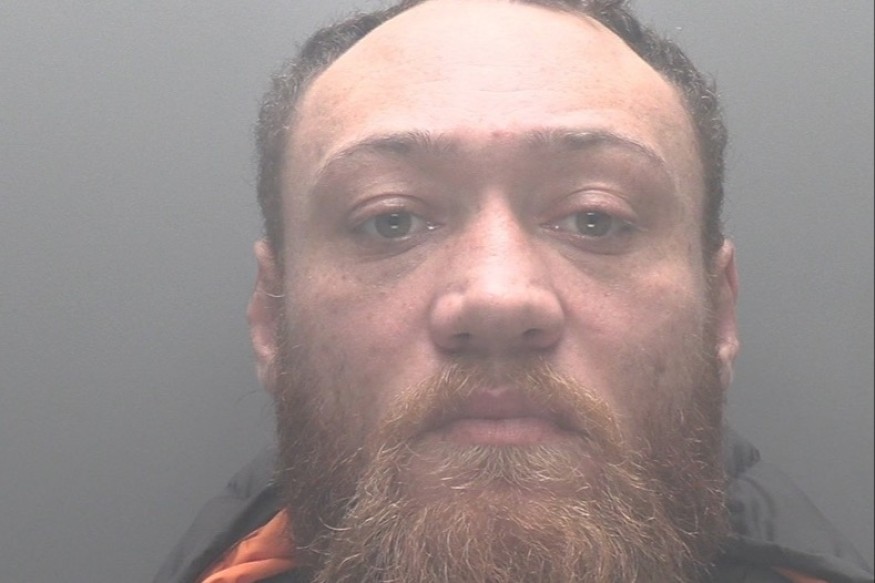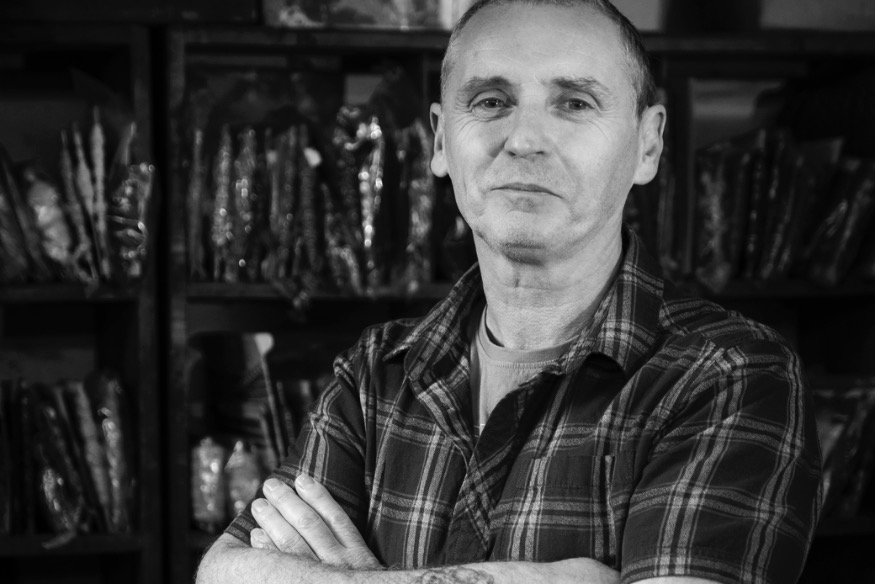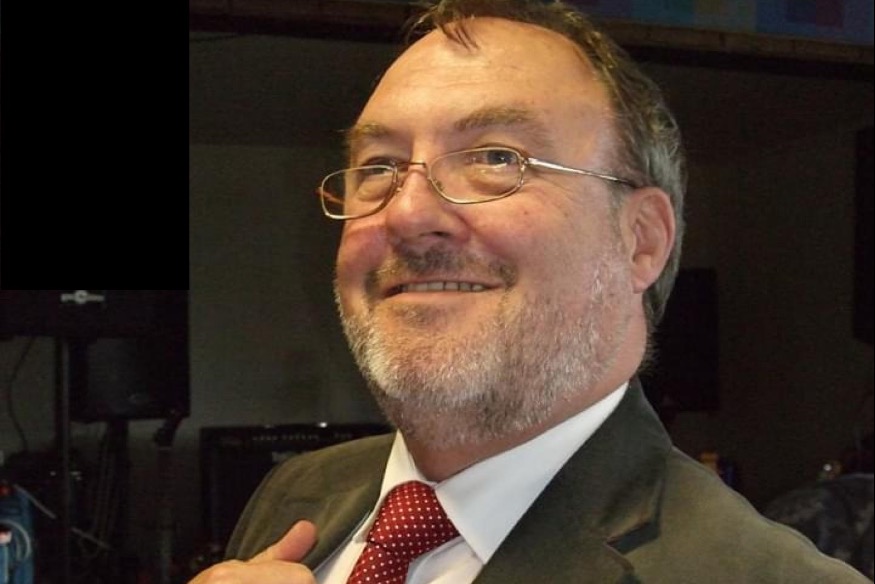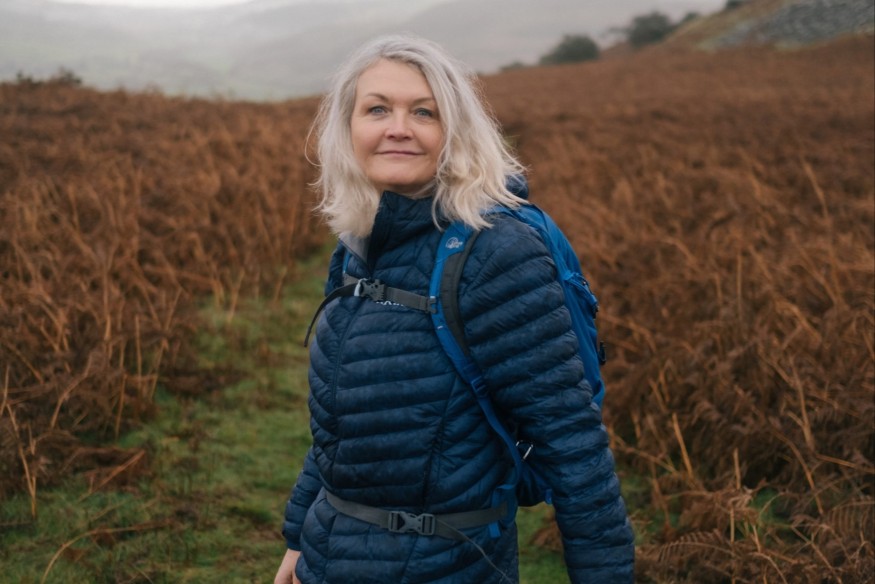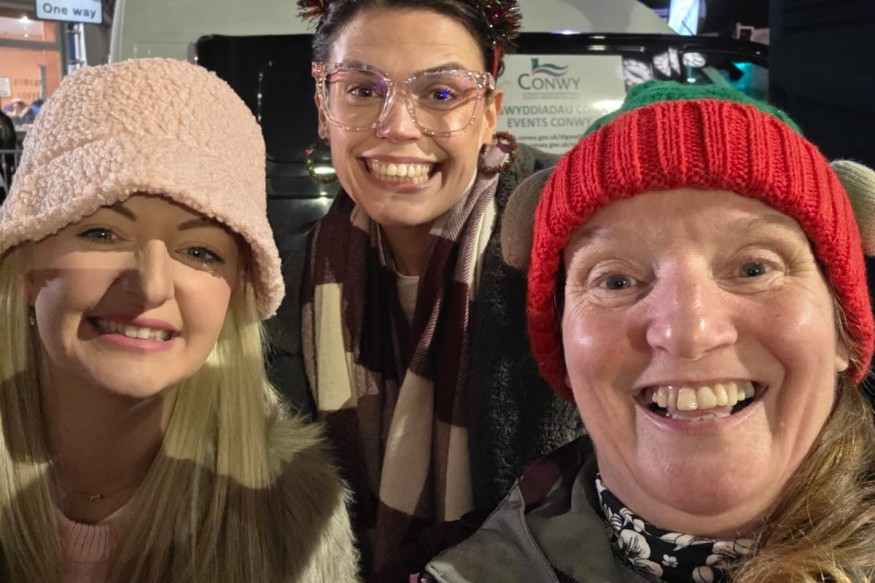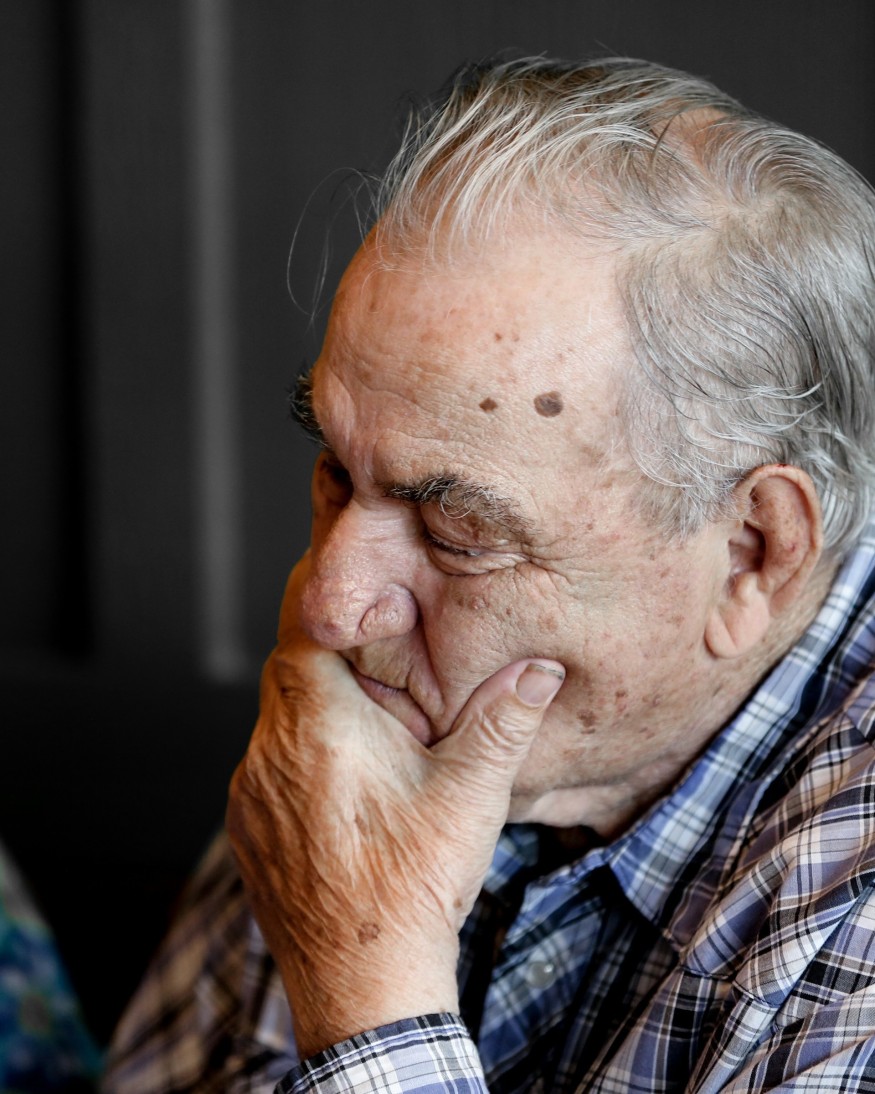
June 18, 2024 - 1910 views
Earlier today on Bayside, Simon heard from Professor Tracey Williamson from Betsi Cadwaladr Health Board and Sergeant Beth Jones from North Wales Police about what their respective organisations are doing to help individuals, carers and families cope with the impact of dementia.
Tracey explained that a new series of films designed to create a better understanding of dementia have been showcased recently at a premiere screening in North Wales.
More than one hundred guests got an exclusive preview of the five short ‘Living Better with Dementia’ films at the Odeon Cinema in Wrexham.
The guests, including members of the public, health and social care staff and Members of the Senedd and MPs, attended matinee and evening showings of the film that aim to raise awareness and provide support for people living with or caring for someone with dementia.
The five films can be viewed separately or as a continuous 32-minute film and address the following topics:
What is dementia?
When to seek help
Getting a diagnosis
Living with dementia
Planning for the future
The idea for the films came from Professor Tracey Williamson, Consultant Nurse for Dementia at Betsi Cadwaladr University Health Board. She said: “Through the films we hope to create a better understanding of dementia in North Wales and beyond, including how to get checked and live as well as possible with the condition.
“We are really pleased with the five films created by local company Eternal Media Ltd in Wrexham. The films are unscripted and the personal accounts within them are told by people whose lives have been affected by dementia.
“The films will have a wide reach beyond Wales I am sure and can be used for gaining information or for training.
“I am grateful to the five film stars, plus our own Consultant Psychiatrist Dr Sharmi Bhattacharyya who narrated it. Thanks also go to the Caniad community support project which helped identify film participants.”
Marcus Fair, Director at Eternal Media Ltd, said: “‘We’re all so incredibly proud to have been given the opportunity to work on this ground-breaking series. BCUHB’s proactive and innovative approach to dementia is a testament to the talent, professionalism and compassion of their team. The cast were incredibly generous with their time and shared
valuable stories that will help many others. Thank you to everyone involved throughout the multiple agencies who supported the productions.”
Luke Pickering-Jones, North Wales Dementia Improvement Manager, who organised the premieres, said: “The premieres enabled us to promote the films more widely and reach maximum audiences, to get the most benefit from them. Colleagues at the Odeon Cinema were hugely supportive in helping us make our event accessible, fun and a great example of community engagement.”
The films were funded by the Mental Health & Learning Disabilities Division and match-funded by Eternal Media Ltd, Betsi Cadwaladr University Health Board, and the premieres kindly funded by the North Wales Regional Partnership Board, which was keen for the films to gain maximum reach across North Wales and beyond.
The films are available in English with Welsh subtitles on the BCUHB website.
Sgt Beth Jones went on to highlight that caring for vulnerable people, including those with dementia or Alzheimer's, can often be challenging.
There's a risk they can at some point start to 'walk about'. This may only be into the garden or street for a short time, but some people can get lost and go missing. So planning ahead to keep them safe is really important.
The Herbert Protocol is a form that carers, family or friends of a vulnerable person, or the person themselves can fill in.
It contains a list of information to help the police if the person goes missing, including:
Medication required
Mobile numbers
Places previously located
A recent photograph
Keeping a completed form saves the worry of trying to recall the information during the stressful time of someone going missing. It also saves time for the police, allowing the search to start sooner.
The initiative is named after George Herbert, a war veteran of the Normandy landings, who lived with dementia. He died whilst 'missing', trying to find his childhood home.
Use your professional opinion as a carer or your knowledge as a family member to decide whether a person is at risk of going missing.
In a care setting, the care provider, the person at risk or their family can fill in the form. Please seek permission from the person at risk or their next of kin. If neither is possible, the care provider should make a 'best interests' assessment.
Filling in the form can be a valuable way of communicating with a relative because it causes them to think about where they used to live and work. This triggers memories that they like to talk about, and can enrich your visit.
The police only need the form at the point the person is reported missing.
There is no need to hand it to police before then and the form will be returned once the person is found and it should be stored securely, but where you can find it quickly.
In a care setting, the information must be stored in accordance with data protection legislation. Please make sure other relatives, friends or carers know where it is.
You can download the form here. A paper copy will need to be handed to the police officer who attends to take the missing person's report.
If you discover a person is missing, conduct a brief ‘open door’ search of the address, grounds and outbuildings, to see if you can find them.
If they're still missing, call 999 immediately. Don't worry - you won't be criticised for calling the police if you are worried about a person's safety. The sooner the police know someone is missing, the sooner officers can start looking for them. When you ring the police, tell them you have the Herbert Protocol profile available.
If you have an electronic version of the form, the police will tell you where to email the document so that the information can be shared with the searching officers. If you have a paper copy, have it ready for the attending officer when they arrive.
Hear Simon's interview with Tracey and Beth by listening below:

